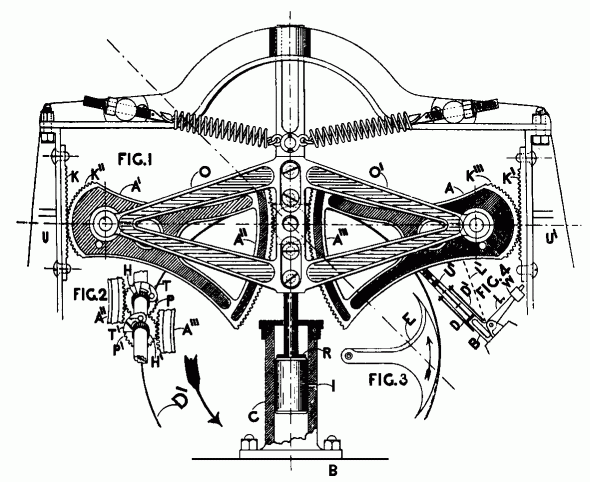Unproductive patents
Patents are a state-granted property rights, designed to promote innovation and the transfer of knowledge. They grant the holder a time-limited, exclusive right to make, use and sell the patented work, in exchange for the public disclosure of the invention. This, so the theory goes, allows creators to utilise and commercially exploit their invention, whilst disclosing its technical details allows for the effective public dissemination of knowledge. However, complaints that the patent system is broken and fails to deliver are common.
Patent Assertion Entities (or ‘Patent Trolls’) buy up patents simply to threaten accused infringers with (often dubious) lawsuits, and are estimated to cost American consumers alone $29bn annually. Another scourge are the 'patent thickets' made up of overlapping intellectual property rights which companies must 'hack' through in order to commercialize new technology. These have been found to impede competition and create barriers to entry, particularly in technological sectors.
Even thickets and trolls aside, using the patent system can carry high transaction costs and legal risks. Litan and Singer argue that this prevents many small and medium businesses from utilizing the system, with over 95% of current US patents unlicensed and failing to be put to productive use. This represents a huge amount of potentially useful 'dead' capital, which is effectively locked up until a patent's expiry.
There are plenty of ways we can tinker with the patent system to make it more robust and less expensive. However, they all assume that patents do actually foster innovation, and are societally beneficial tool.
A number argue that even on a theoretical level this is false; the control rights a patent grant actually hamper innovation instead of promoting it. Patents create an artificial monopoly, which results, as with other monopolies, in higher prices, the misallocation of resources, and welfare loss. Economists Boldrin and Levine advocate the abolition of patents entirely on grounds the that there is no empirical evidence that they increase innovation and productivity, and in fact have negative effects on innovation and growth.
A new paper by Laboratoire d'Economie Appliquee de Grenoble, authored by Brueggemann, Crosetto, Meub and Bizer backs this claim, by offering experimental evidence that patents harm follow-on innovation.
Test subjects were given a Scrabble-like word creation task. Players could either make three-letter words from tiles they had purchased, or extend existing words one letter at the time. Those who extended a word were rewarded with the full 'value' of that word, creating a higher payoff to sequential innovation. In ‘no-IP’ (Intellectual Property) game groups, words created were available to all at no cost. In the IP game groups, players could charge others a license fee for access to their words.
The results are striking:
We find intellectual property to have an adverse effect on welfare as innovations become less frequent and less sophisticated…Introducing intellectual property results in more basic innovations and subjects fail to exploit the most valuable sequential innovation paths. Subjects act more self-reliant and non-optimally in order to avoid paying license fees. Our results suggest that granting intellectual property rights hinders innovations, especially for sectors characterized by a strong sequentiality in innovation processes.
In fact, the presence of a license fee within the game reduced total welfare by 20-30%, as a result of less sophisticated innovation. Players in these games used shorter, less valuable words, and in order to avoid paying license fees would miss innovation opportunities which were seized upon in no-IP games.
The authors suggest that patents could be harmful in all highly sequential industries. These range from bioengineering to software, where the use of patents has been strongly criticized, through to pharmaceuticals, where the use of patents is much more widely accepted. If patents really do restrict follow-on innovation even remotely near as much as suggested, the implications could be huge.
Of course, the study is only experimental and far less complex than real life, but it’s a useful contribution to the claim that patents do more to hinder than to help.

